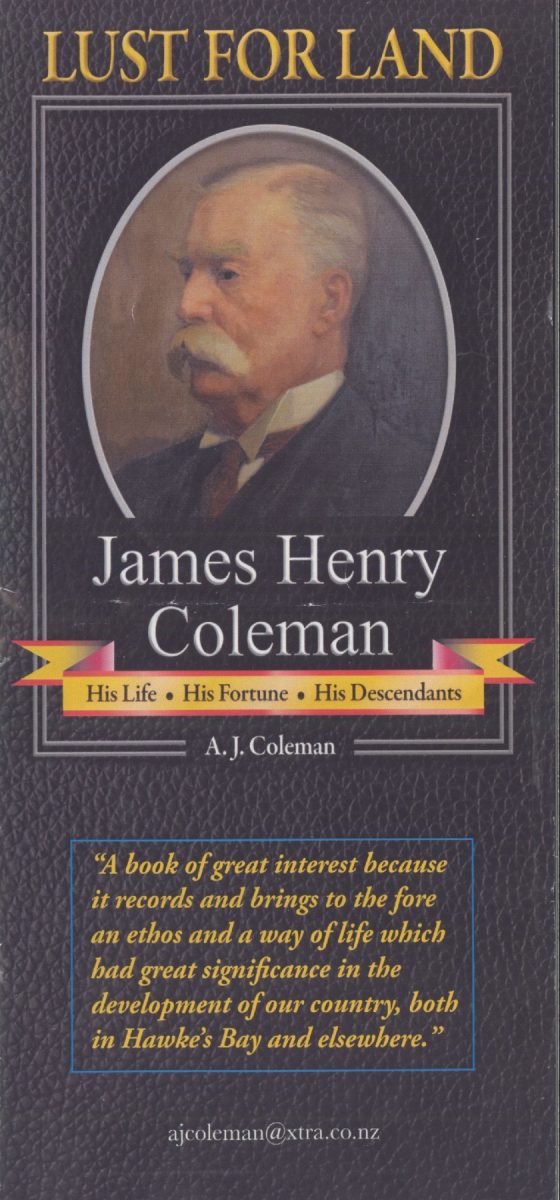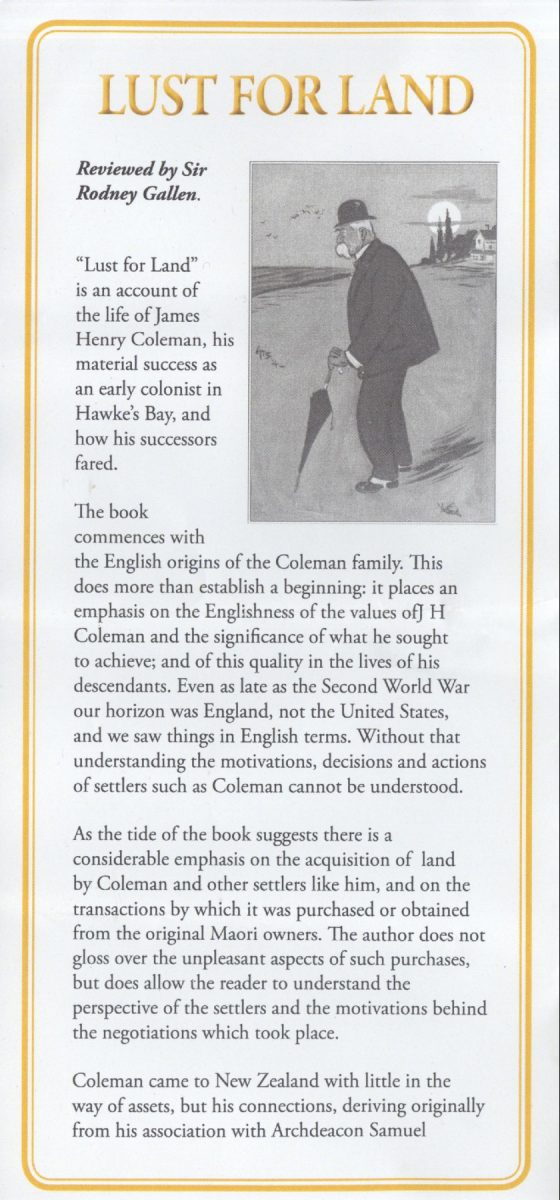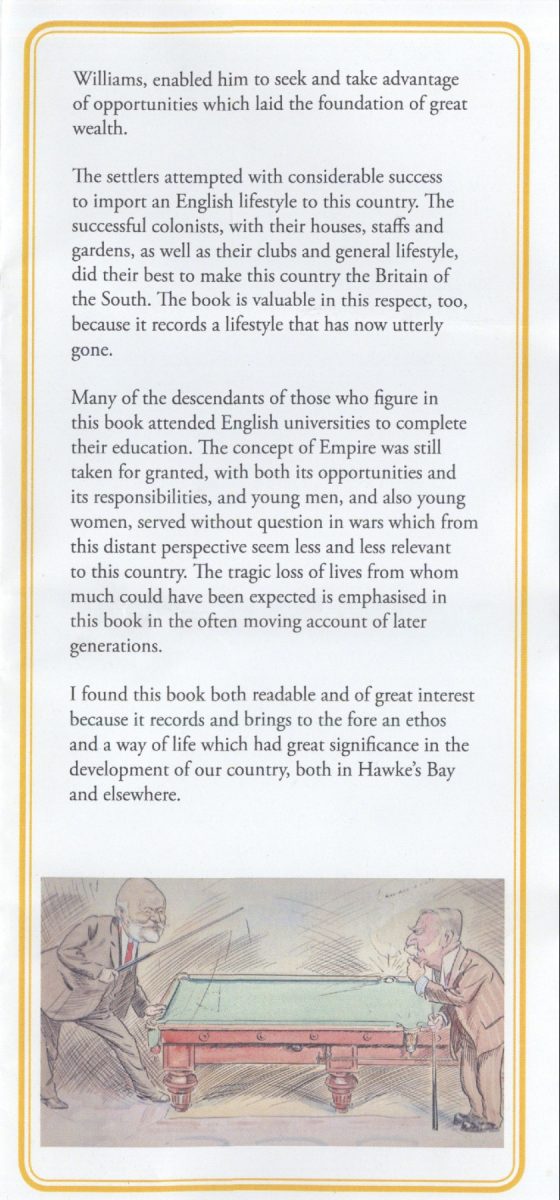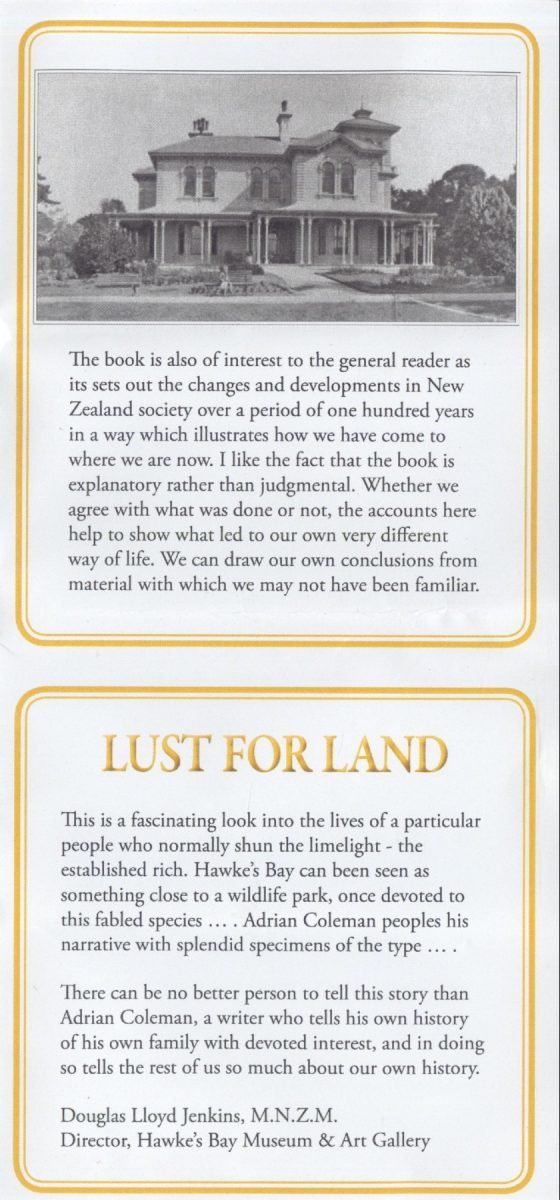Lust For Land Pamphlet
Original digital file
LustForLand.pdf
Non-commercial use

This work is licensed under a Attribution-NonCommercial 3.0 New Zealand (CC BY-NC 3.0 NZ).
Commercial Use
Please contact us for information about using this material commercially.✖
Can you help?
The Hawke's Bay Knowledge Bank relies on donations to make this material available. Please consider making a donation towards preserving our local history.
Visit our donations page for more information.
Format of the original
PamphletPeople
- Adrian J Coleman
- James Henry Coleman
- George Sisson Cooper
- Sir Rodney Gallen
- Douglas Lloyd Jenkins
- Donald McLean
- Patrick Parsons
- Archdeacon Samuel Williams
















Do you know something about this record?
Please note we cannot verify the accuracy of any information posted by the community.